(L279) “But” Sentence Maker: high repetition scaffolded compound sentences
$6.99 including GST
In the first part of the resource, we provide 20 fully-worked sentence examples to help teachers, speech pathologists and parents to model a variety of “but” sentences to students in a focused and time-efficient way.
In the second part of the resource, we provide an additional 10 pairs of photographs complete with ‘sentence starters’ so that students can have a turn at generating their own “but” sentences.
Description
“But” Sentence Maker: high repetition scaffolded compound sentences for young students using high quality photographs of real world situations
In this pack, we contrast semantically-linked ideas with pairs of high quality, colour photographs.
In the first part of the resource, we provide 20 fully-worked sentence examples to help teachers, speech pathologists and parents to model a variety of “but” sentences to students in a focused and time-efficient way.
In the second part of the resource, we provide an additional 10 pairs of photographs complete with ‘sentence starters’ so that students can have a turn at generating their own “but” sentences.
This resource is suitable for one-to-one, small group and whole class delivery. It can be printed, but the high quality photos are designed to look their best on electronic displays, e.g. on a phone, iPad or other device, or on a computer or smart board.This resource is designed to support young students who need extra help with “but” sentences at school. It’s suitable for students with developmental language and other learning difficulties as well as some students who are learning English as an additional language who have yet to understand “but”, or to master compound sentences using coordinating conjunctions like “but”.
Background
At around 3 years of age, typically developing children start to understand sentences containing the conjunction “but”. “But” is a conjoining conjunction used to link ideas by showing contrast. For example: “The girl went to the shop but it was closed.”
In our Language Workout but sentences, we introduce the word and sentence structure for preschoolers using very simple contrasts within basic categories. But young school-aged students who have yet to understand or use “but” in spoken sentences correctly benefit from a more sophisticated approach, including real world situations and problems to build background knowledge about the world.
Understanding the usefulness of “but” in sentences helps students to build their receptive and expressive oral language skills at the sentence level so they can express their thoughts and feelings in more precise ways.
It helps build the foundation to introduce more complex contrastive conjunctions like “although” and “even though”, as well as contrastive adverbs like “however”. It’s also an important skill to acquire for discourse-level activities like conversations, descriptions, recounts, narratives and explanations.
Additional resources
Once students have had lots of practise using “but” in spoken sentences with this resource, we recommend stepping up into structured writing practice, using Think then Write Volume 1.5 resource to provide further practice compound and complex sentences using “but”, combining oral and written language exercises.

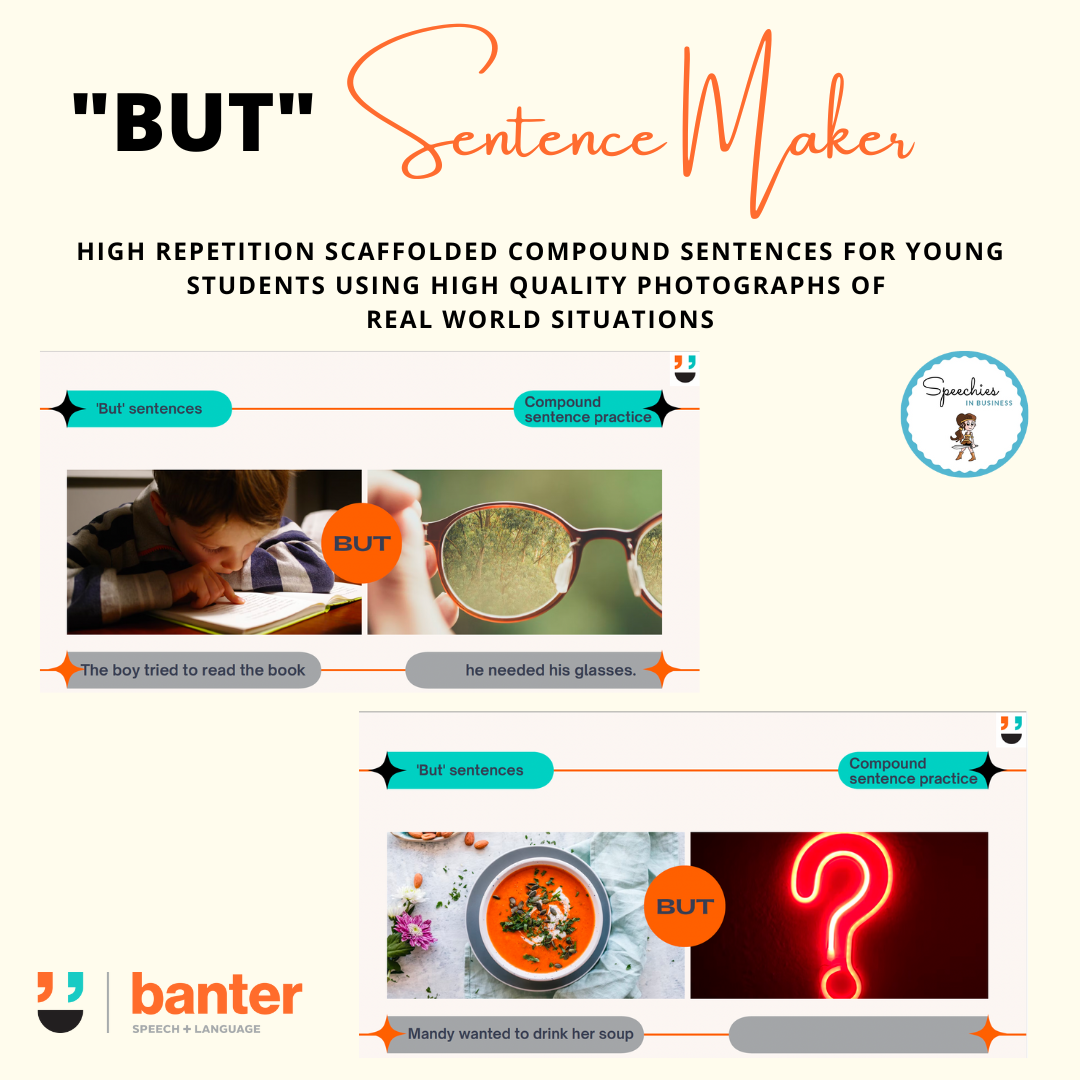







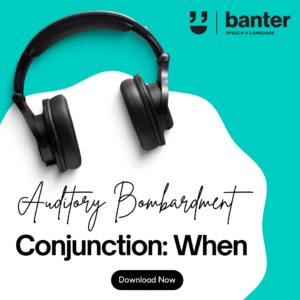

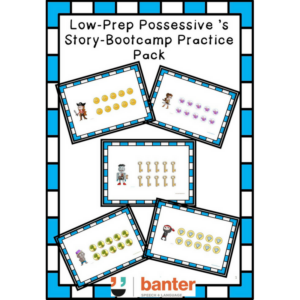
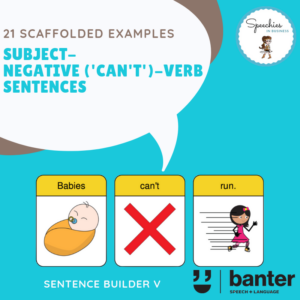
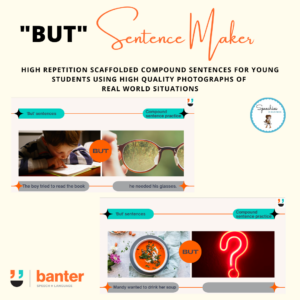
Reviews
There are no reviews yet.